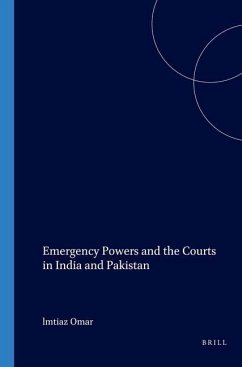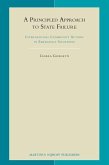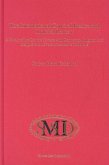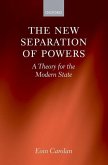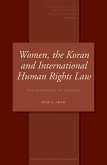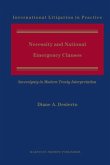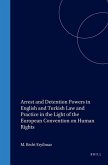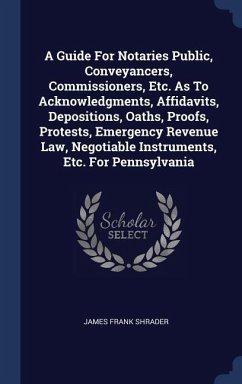The fundamental premise of this study is that where Constitutions, such as that of India and Pakistan, articulate legal norms which limit the scope of the executive power to derogate from individual rights during states of emergency, there must likewise exist an effective control mechanism to ensure that the Executive acts within the scope of that power. Viewed from this perspective, the judicial power to interpret the Constitution imposes upon the Court the constitutional duty to provide adequate safeguards against the abuse of state power affecting individual rights. This power remains available notwithstanding the presumed or purported ouster of judicial review. The concept of judicial review as a source of control is examined in the light of the experience of Pakistan and India during periods of constitutional emergency. The divergent approaches of the Courts in these countries, in litigation concerning emergency powers and individual rights, are explained in terms of divergent views that these Courts have adopted with respect to the nature of judicial review.

